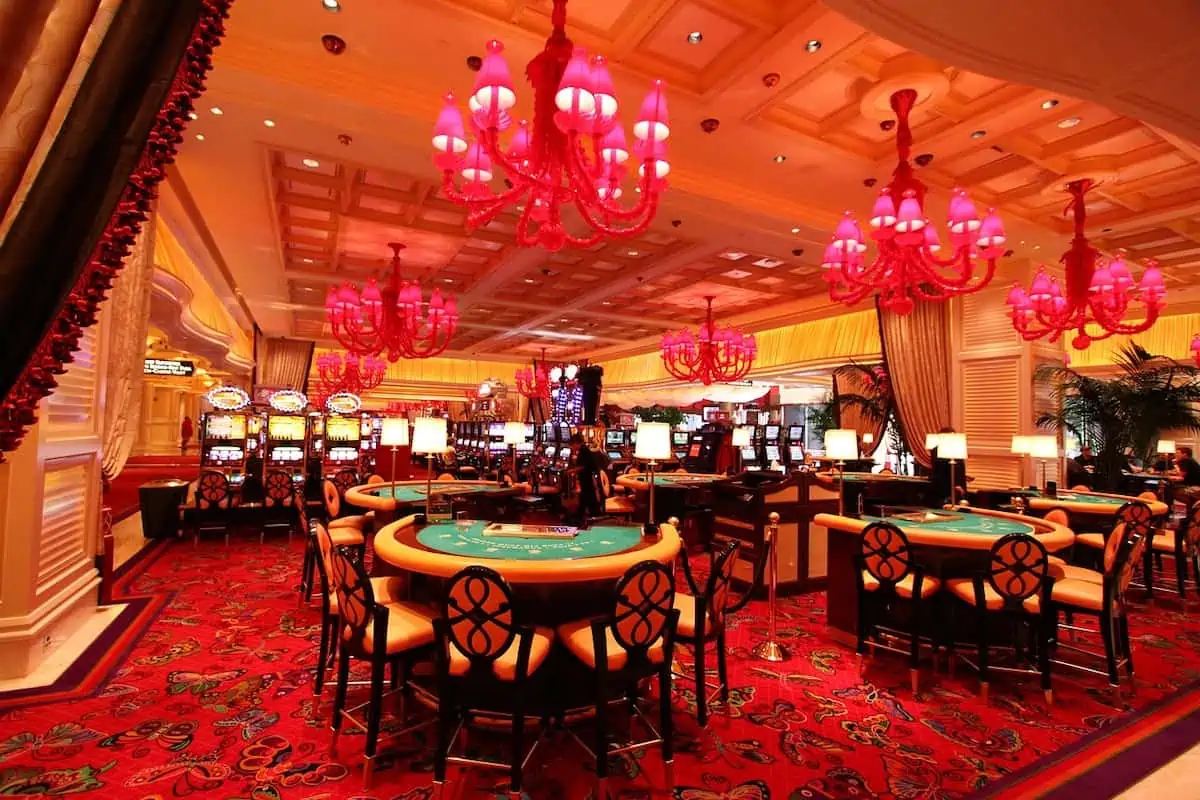Gambling games have long captivated players from all parts of society, enticing them into vibrant casinos filled with the noises of spinning wheels, clattering chips, and cheering crowds. The thrill of chance and the allure of potential winnings create an exhilarating atmosphere that keeps players returning for more. Whether it is the thrill of a slot machine, the strategic play of poker, or the anticipation of a roulette wheel, casino games offer a distinct combination of entertainment and risk that can be hard to ignore.
At the heart of this fascination lies a mental pull that varies from person to person. For a few, the excitement of hitting a jackpot can elevate their mood, while for many, it’s a social experience that brings friends together. The colorful visuals, engaging sounds, and sometimes lavish environments of casinos greatly improve the appeal, making each visit an experience waiting to unfold. As we delve into why gamblers are drawn to these games, we uncover the deeper motivations and emotions that fuel their love for the betting tables.
Understanding Gambling Psychology
The appeal of casino games frequently derives from the complex psychology of gambling as a whole. Many people are attracted to the thrill of risking money for the opportunity of winning more, as it speaks to a innate human desire for excitement and gain. This excitement can create a powerful emotional experience. The combination of risk and potential monetary gain can activate a release of dopamine, making players feel energized.
Furthermore, the design of casino games is crafted to keep players involved. The use of vibrant lights, enticing sounds, and the communal environment of casinos can heighten the excitement. Players frequently find themselves submerged in these environments, where the expectation of a win keeps them coming back for more. This sensory overload encourages prolonged play, as the rapid feedback from wins, however minor, reinforces the desire to keep playing.
Finally, mental shortcuts play a significant role in gambling behavior. Many players fall prey to the belief in control, believing they can affect outcomes even in games of chance. This belief can lead to overoptimism and the persistence of play, despite mounting losses. Additionally, gamblers frequently remember their wins better than their losses, which can alter their understanding and intensify the desire to gamble more. This multifaceted interplay between emotions and cognitive factors helps illustrate why so many are attracted to casino games.

The Appeal of Gambling Settings
The environment of a gaming venue is exceptionally enchanting, drawing in players with its combination of excitement and anticipation. The scenes and sounds of twirling slots, cheering participants, and the rhythmic clinking of cash create an engaging experience that is hard to resist. The bright lights and animated design foster a sense of excitement that keeps visitors engaged and encourages them to stay longer. This captivating setting contributes to the overall allure of gambling activities, enticing both inexperienced and seasoned gamblers alike.
Moreover, gambling venues are crafted to engage the senses in a manner that makes players feel as though they are starting on a fantastic expedition. https://rr88e2.com/ The purposeful positioning of entertainment choices, comfortable seating, and on-the-house refreshments enhance the overall value, making gamblers feel appreciated and pampered. Many gambling spaces also incorporate themed decorations and lavish themes that transport visitors to different worlds, amplifying the buzz. Such environments foster a notion of liberation, allowing gamblers to ignore their everyday lives and immerse into the exhilarating domain of chance.
In conclusion, the aspect of fellow participants amplifies the social element of gambling, creating a shared excitement. Interactions among participants, either through light-hearted chitchat or mutual excitement during a huge victory, cultivate a notion of togetherness that many find appealing. This social interaction enhances the journey of playing gambling activities, transforming it from a individual pursuit into a joint journey. The combination of excitement, captivating environments, and communal connections makes gambling establishments an compelling place for players desiring entertainment and a opportunity to profit.
Understanding Casino Mechanics
Gaming experiences are designed with distinct mechanics that draw in players. Each game has its own set of rules, betting structures, and probability ratios, allowing players to engage with the game on diverse levels. The thrill of submitting a bet and the anticipation of the outcome creates an thrilling atmosphere. Grasping these mechanics can deepen a player’s appreciation for the game and elevate their overall experience.
Another crucial aspect of game mechanics is the principle of randomness. Many casino games, especially slot machines and table games, rely on RNGs or shuffling to determine outcomes. This randomness is what keeps players returning; the unpredictable nature of the game creates a sense of anticipation and excitement. Knowing that each spin or deal is independent of the last adds to the appeal, as players perceive they have a chance at winning, regardless of past outcomes.
In conclusion, the emotional response connected with game mechanics should not be overlooked. The excitement of a large victory or the tension during pivotal moments are integral to the enjoyment of casino games. Such emotional highs and lows leverage psychological triggers that keep players engaged for longer periods. Grasping these emotional responses to game mechanics can help explain why so many are drawn to the thrill of casino games, continually seeking that next exhilarating moment.
